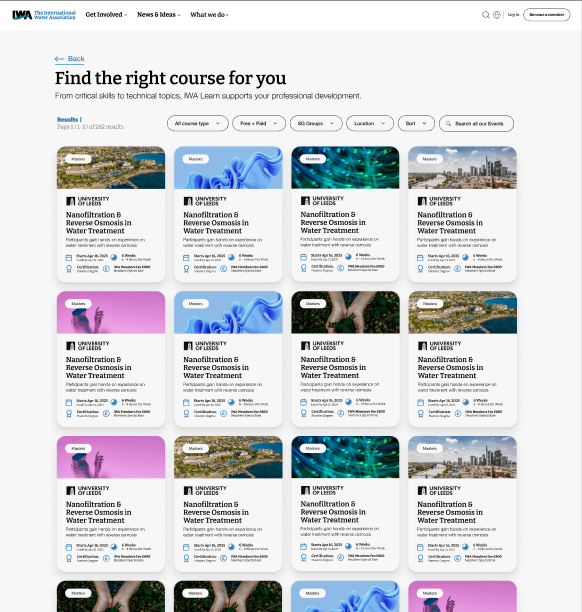IWA Learn
The place for learning
and development in the
water sector
IWA offers online courses, training programmes, and webinars designed to equip water professionals for every stage of their career.

Enhance your water knowledge
All the skills you need in one place
Explore what's new and trending in IWA Learn
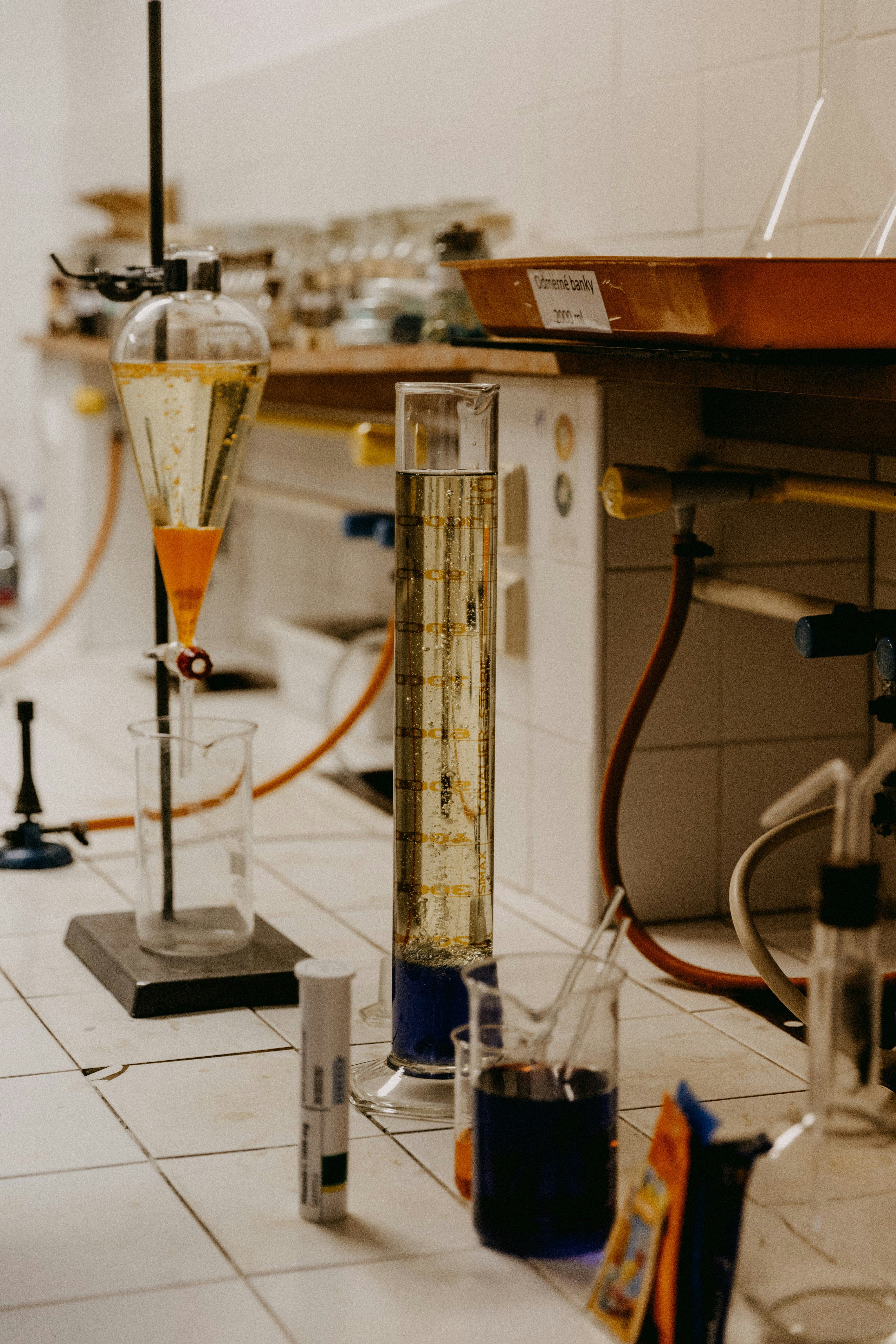

Online Course on Experimental Methods in Wastewater Treatment
Starts
Aug 31, 2025
Duration12 weeks
N/A
Course Type
Online
Standard fee
€1,120.00
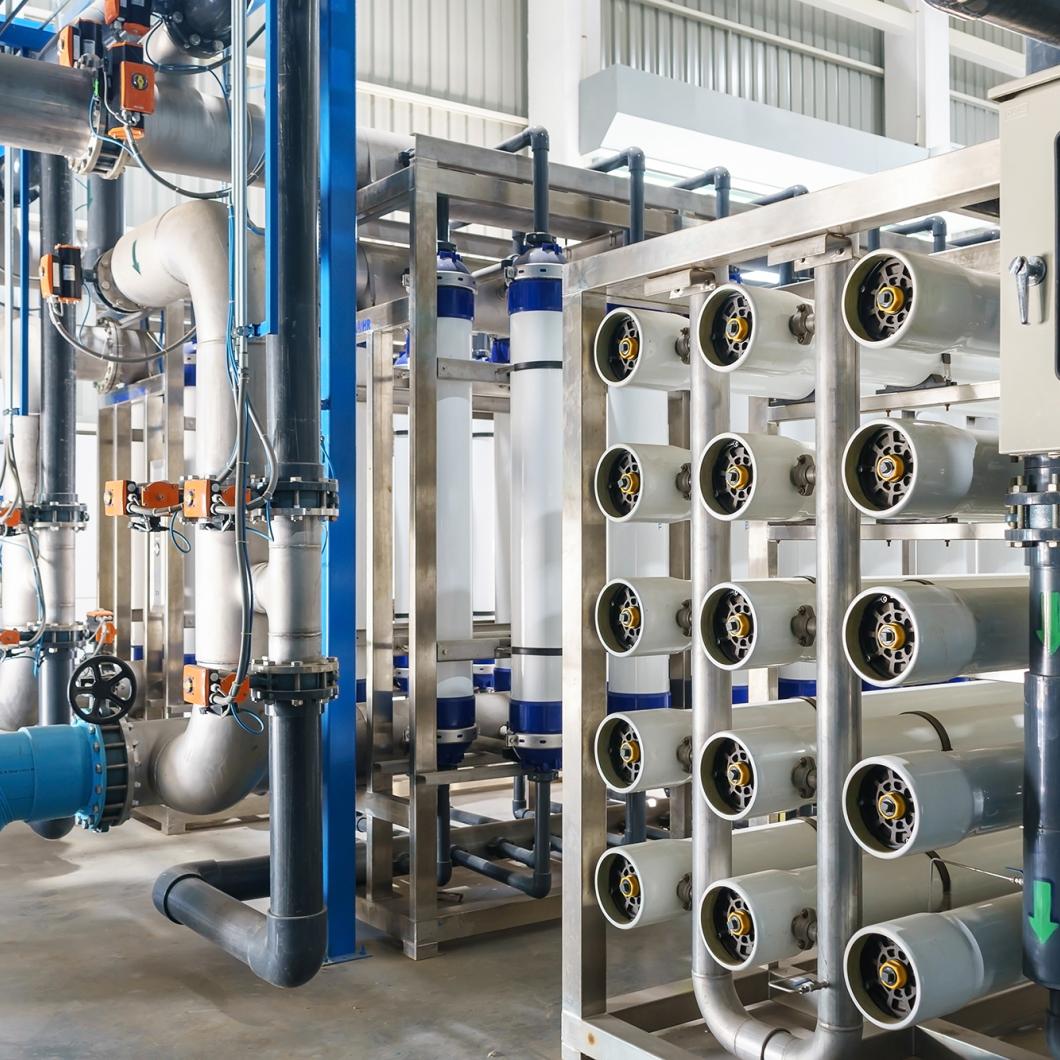

Online Course on Desalination and Membrane Technology
Starts
Aug 31, 2025
Duration16 weeks
N/A
Course Type
Online
Standard fee
€1,120.00
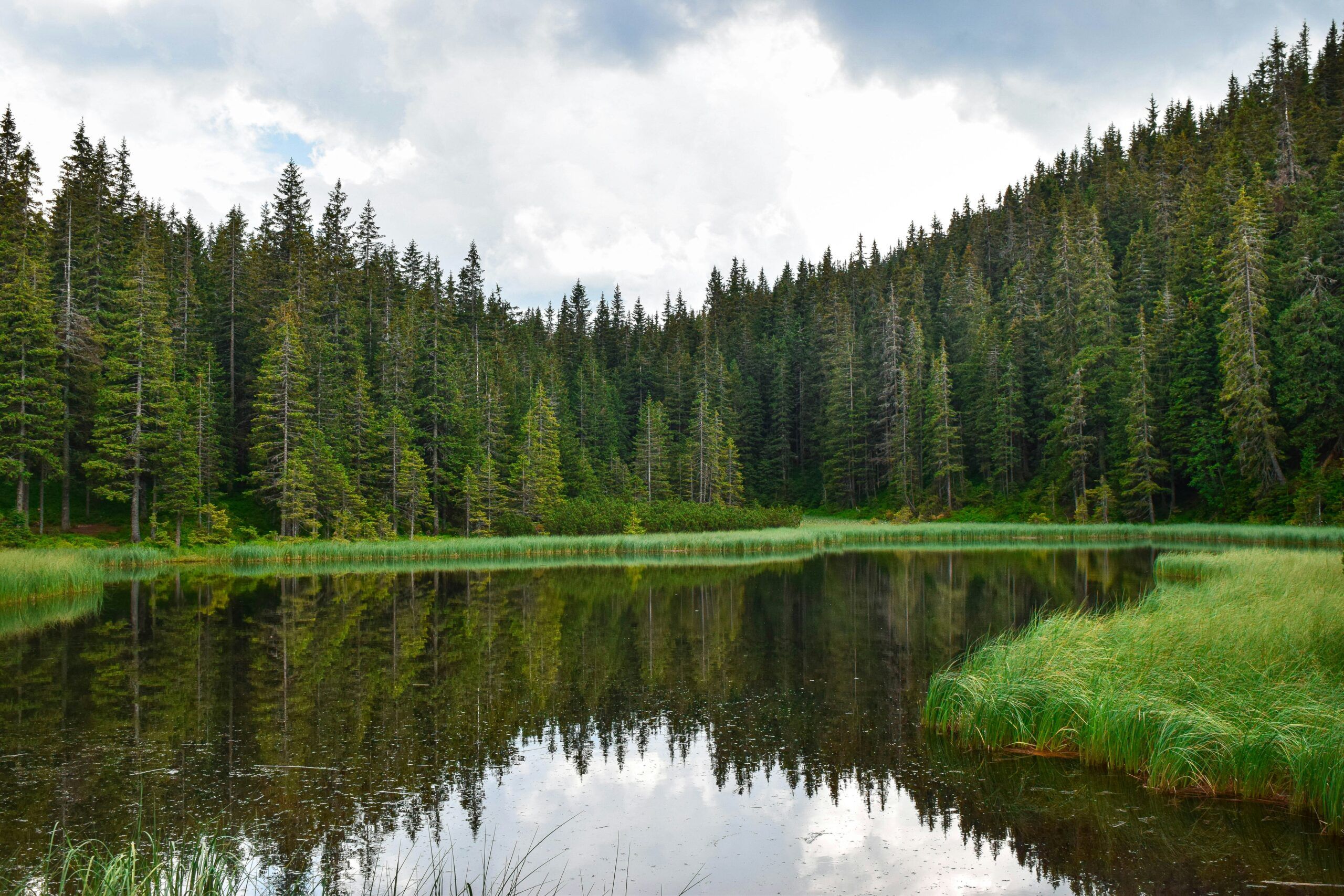
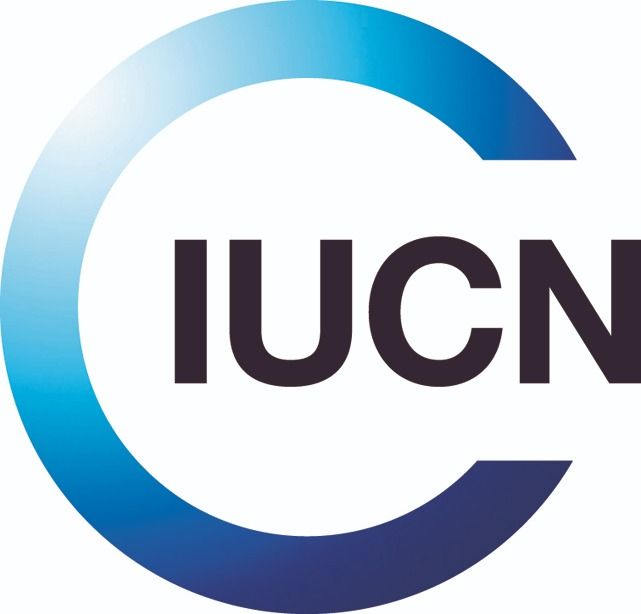
Forests4Water: The Role of Forest Ecosystems in Safeguarding Water Resources
Starts
Sep 05, 2025
Duration
90 minutes
Format
Online
Standard fee
Free
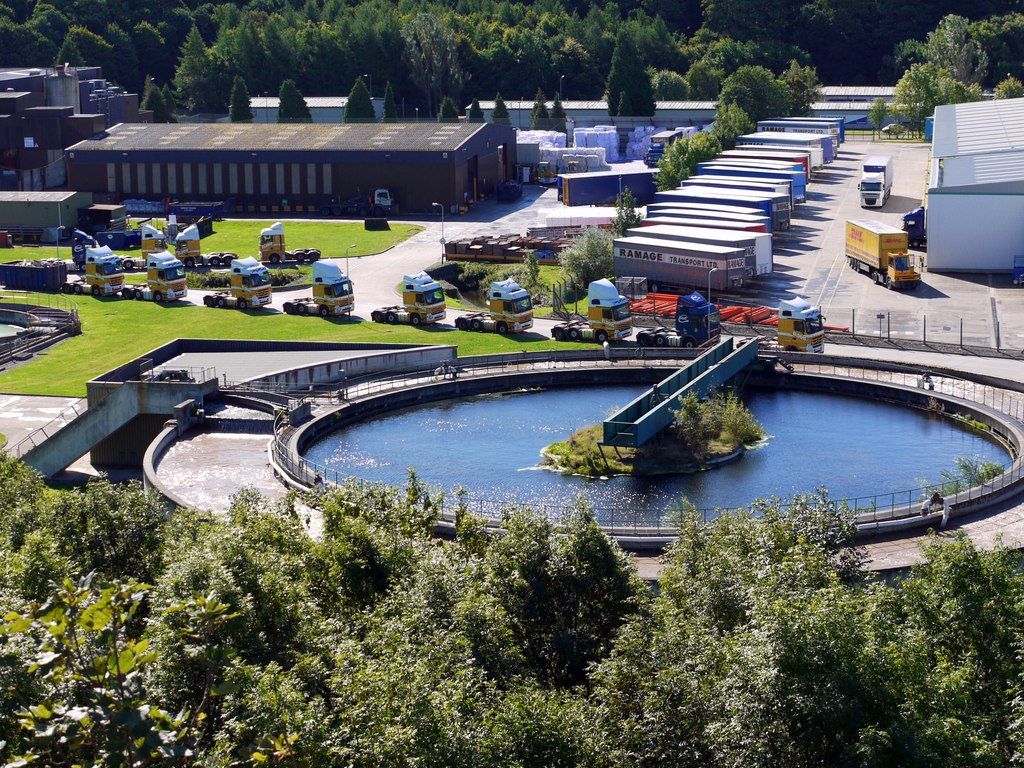
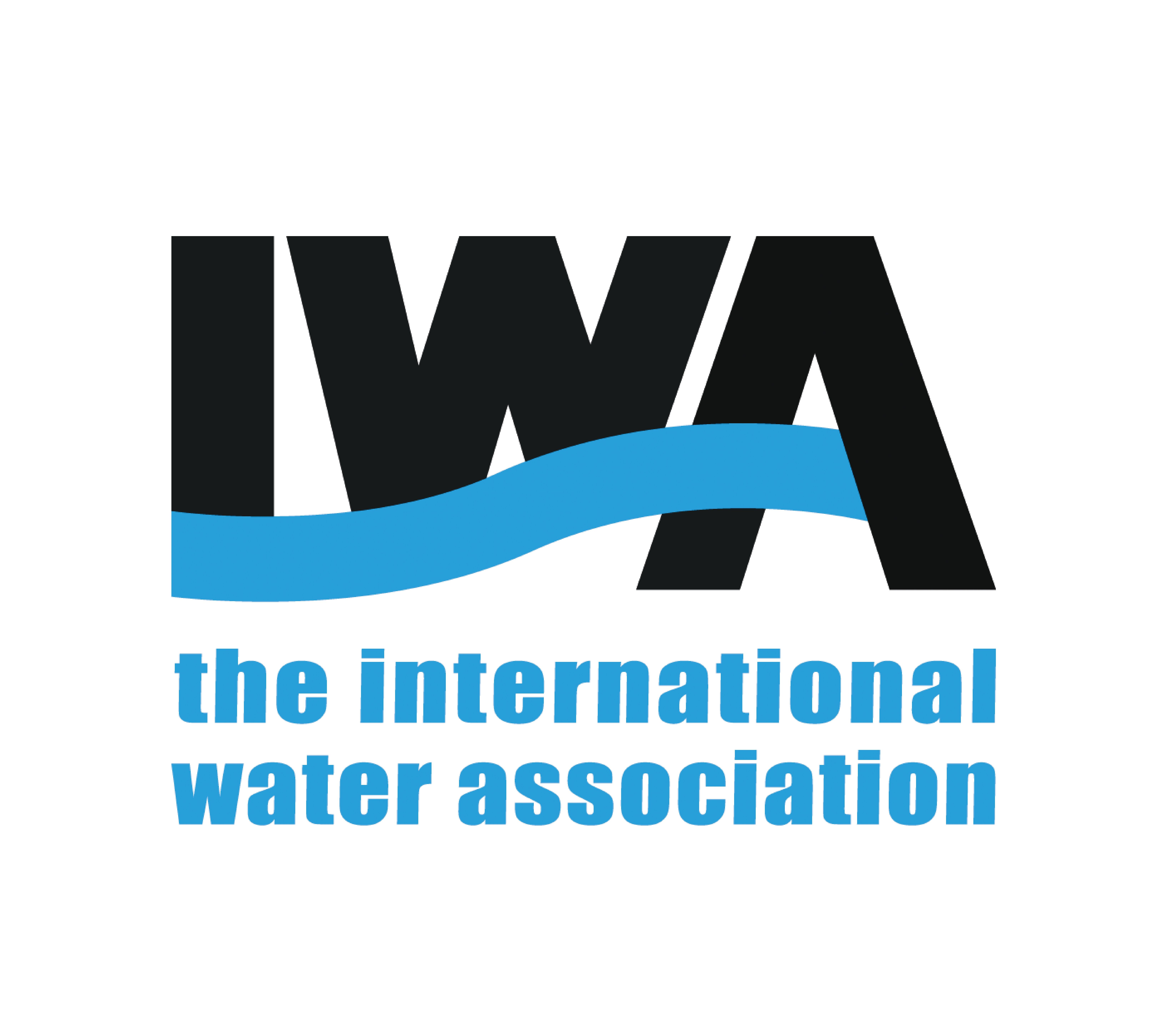
Rethinking Wastewater Management – Circular by Design
Starts
Sep 07, 2025
Duration2 days
6-8 hours per day
Course Type
Offline
Standard fee
₹9,999.00
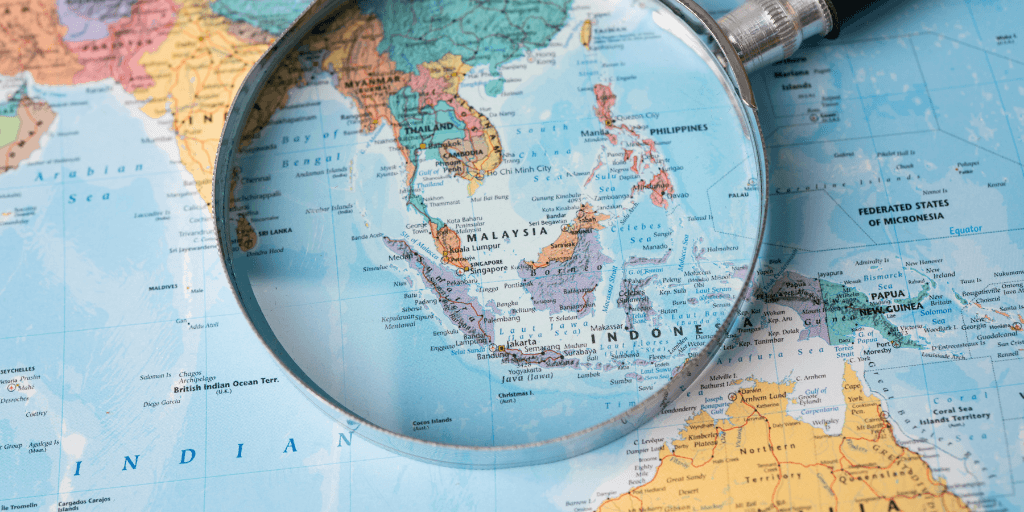
YWP Regional Call – Empowering Young Water Professionals through IWA YWP Chapters in Asia-Pacific
Starts
Sep 09, 2025
Duration
N/A
Format
N/A
Standard fee
Free
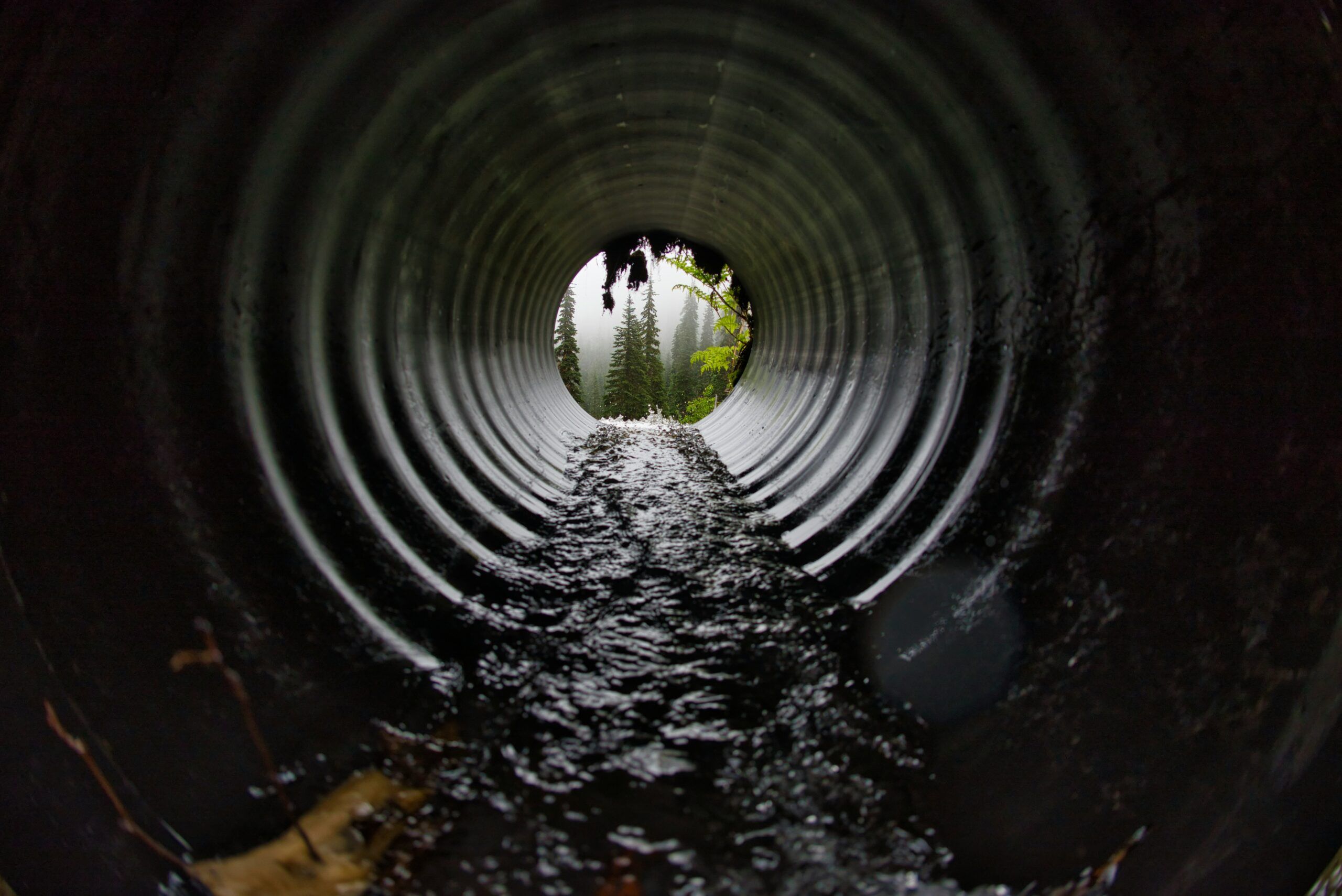
Africa Sanitation Dialogue – Beyond Sewers: Empowering Utilities for Non-Sewered Sanitation Services
Starts
Sep 17, 2025
Duration
90 minutes
Format
Online
Standard fee
Free
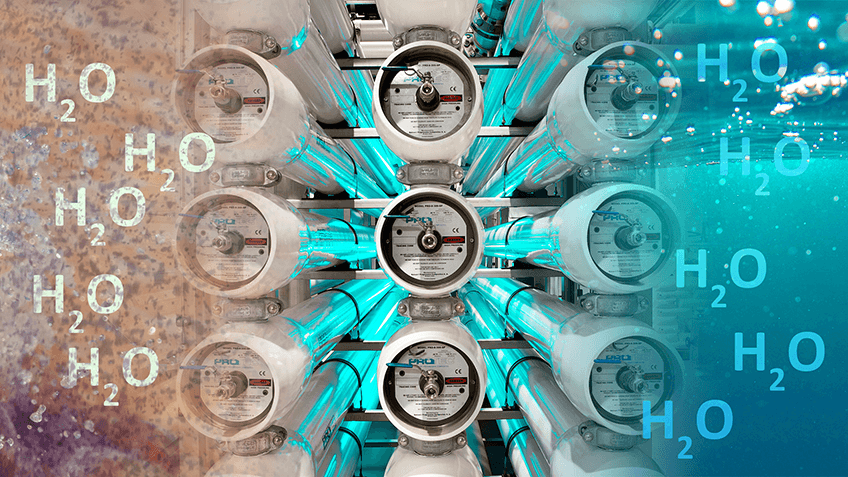
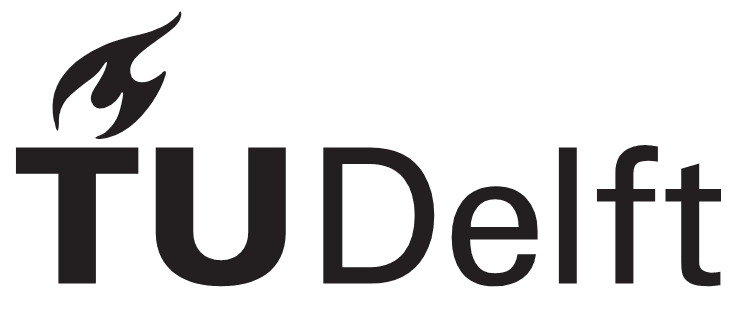
Nanofiltration and Reverse Osmosis in Water Treatment
Starts
Sep 23, 2025
Duration7 weeks
4 – 5 hours per week
Course Type
Online
Standard fee
€895.00
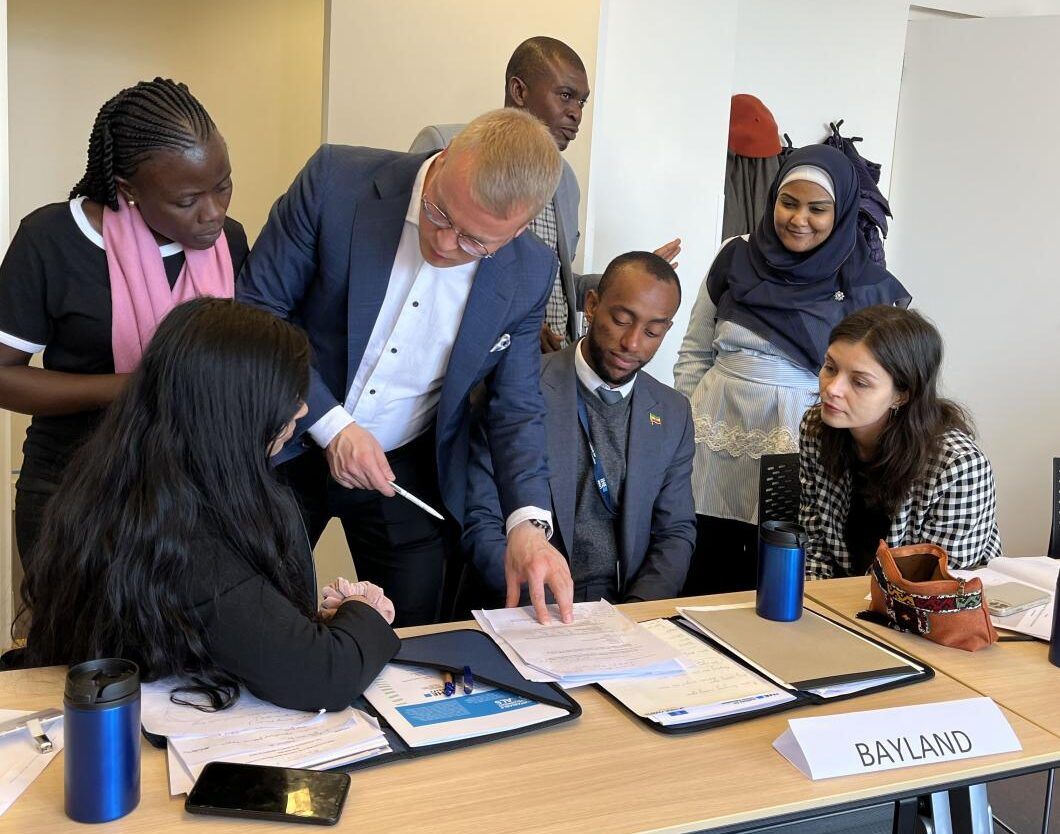

Water Conflict, Cooperation and Diplomacy
Starts
Sep 28, 2025
Duration12 days
N/A
Course Type
Offline
Standard fee
€3,670.00


Water and Wastewater Processes MSc
Starts
Sep 30, 2025
DurationFull-time: one year, part-time: two-three years
N/A
Course Type
Offline
Standard fee
$11,895.00
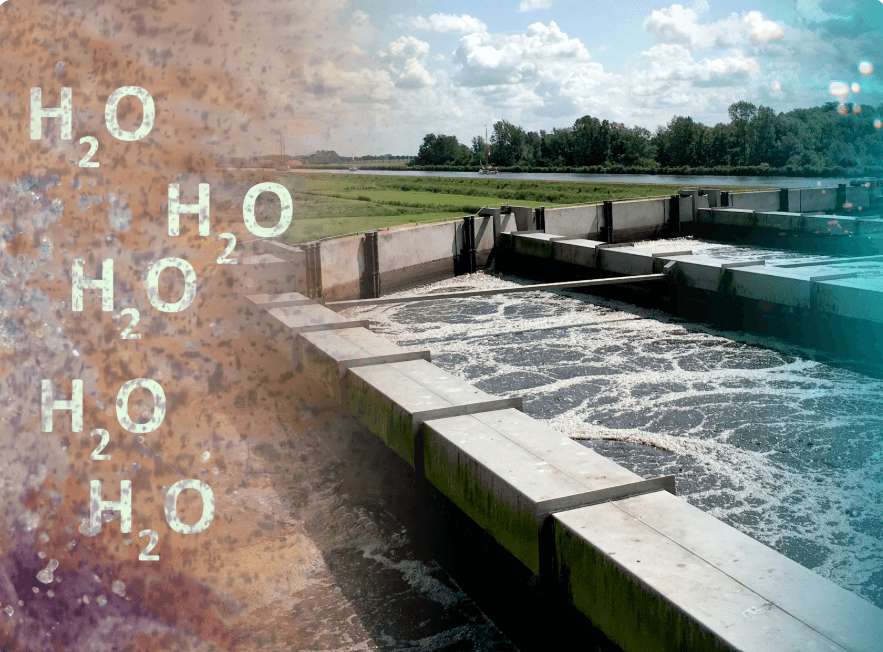
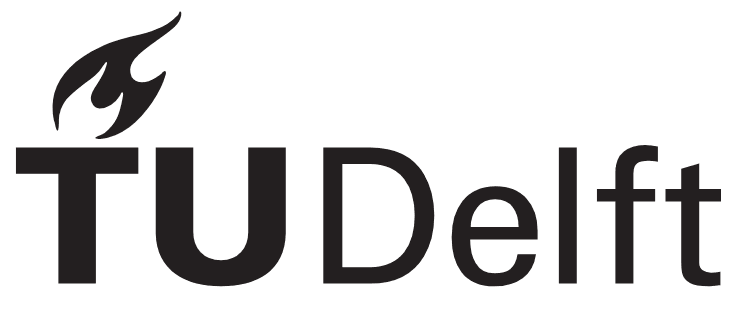
Aerobic Granular Sludge Technology for Wastewater Treatment
Starts
Sep 30, 2025
Duration7 weeks
4 - 6 hours per week
Course Type
Online
Standard fee
€995.00
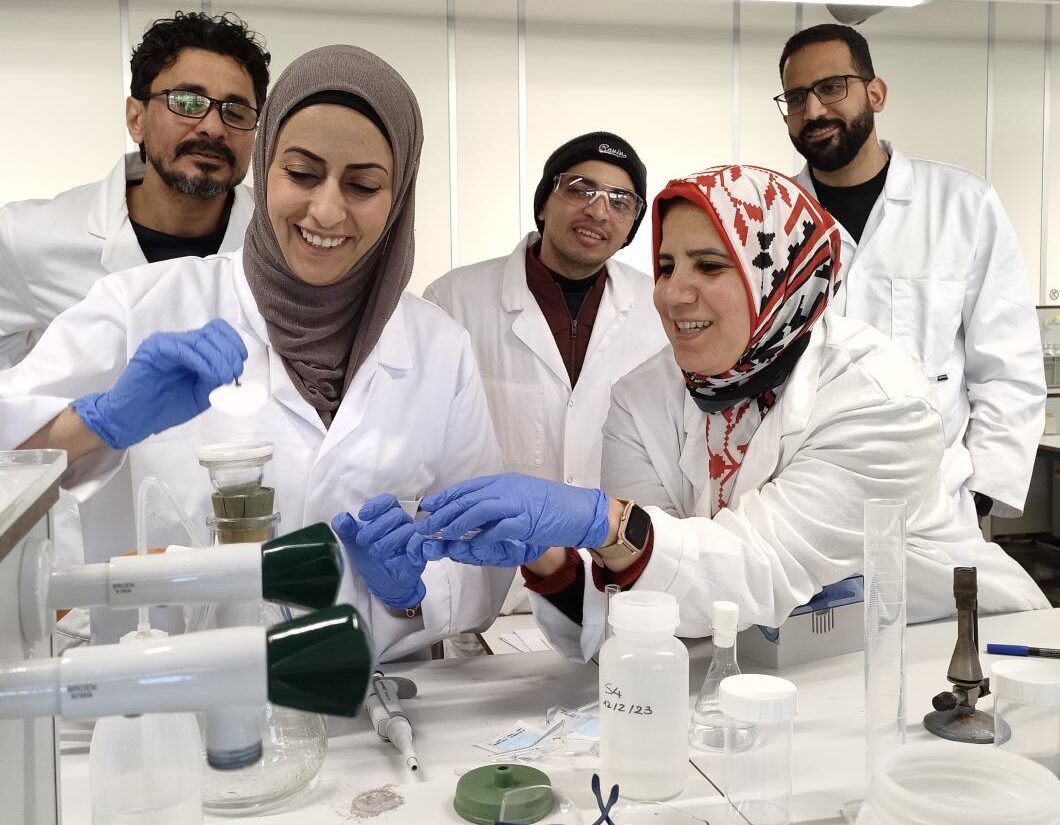

Water Quality Assessment and Monitoring
Starts
Oct 05, 2025
Duration3 weeks
N/A
Course Type
Offline
Standard fee
€5,505.00
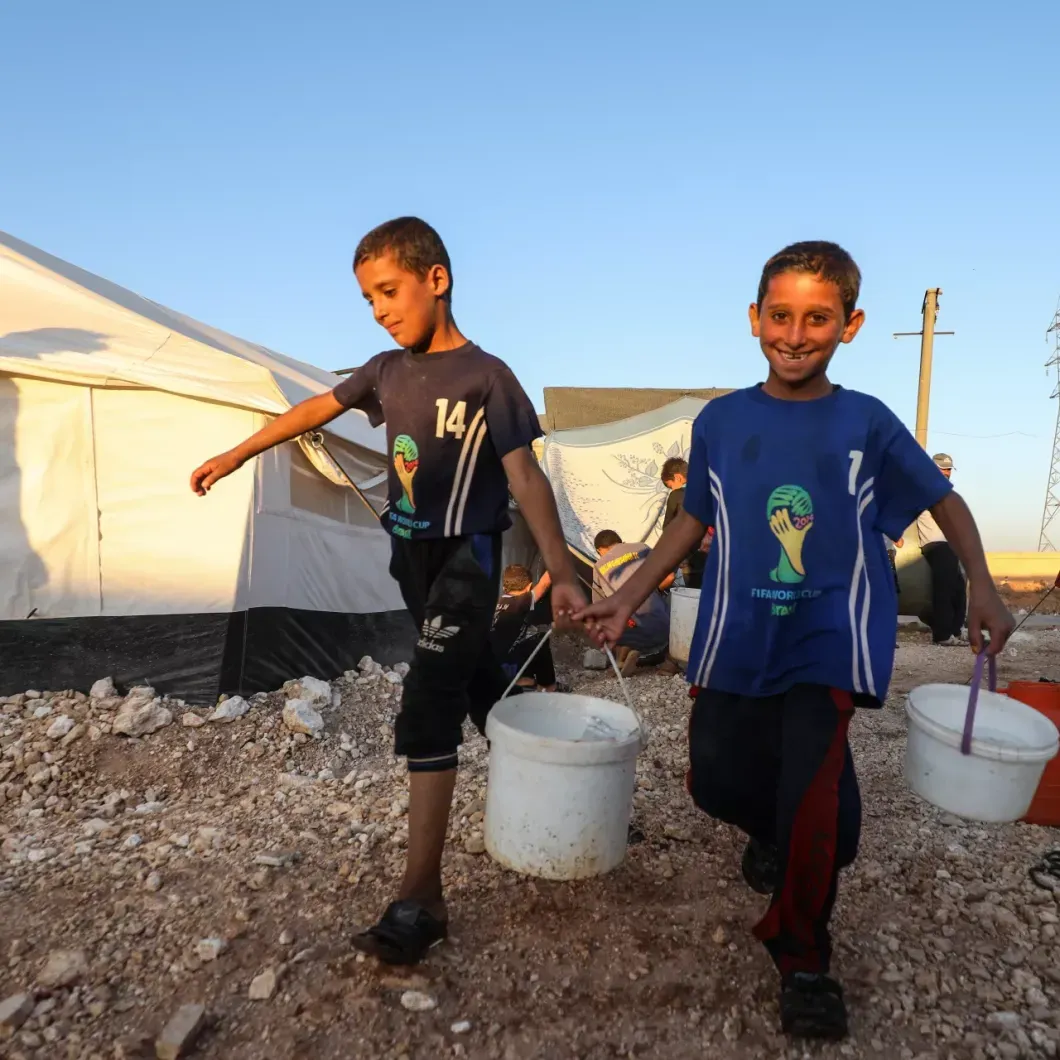

Online Course on Public and Environmental Health in Emergencies
Starts
Oct 05, 2025
Duration16 weeks
N/A
Course Type
Online
Standard fee
€1,120.00
IWA Learn
IWA Learn is your gateway to cutting-edge learning opportunities
50 +
Courses
150 +
Webinars
100 +
Partner Institutions
12000 +
Participants
More resources
Support your development
with IWA treasure chest
Explore some of the most popular content from the IWA treasure chest this month exclusively for our members
BUILDING RESILIENCE: Preparing a blueprint for the future expansion of water reuse in Cape Town
Development of a blueprint for water reuse in Cape Town; Inform the Adaptable Implementation Program; Identification at pre-feasibility level which reuse schemes could follow the New Water Programme ; Align with Bulk Water Optimisation Study
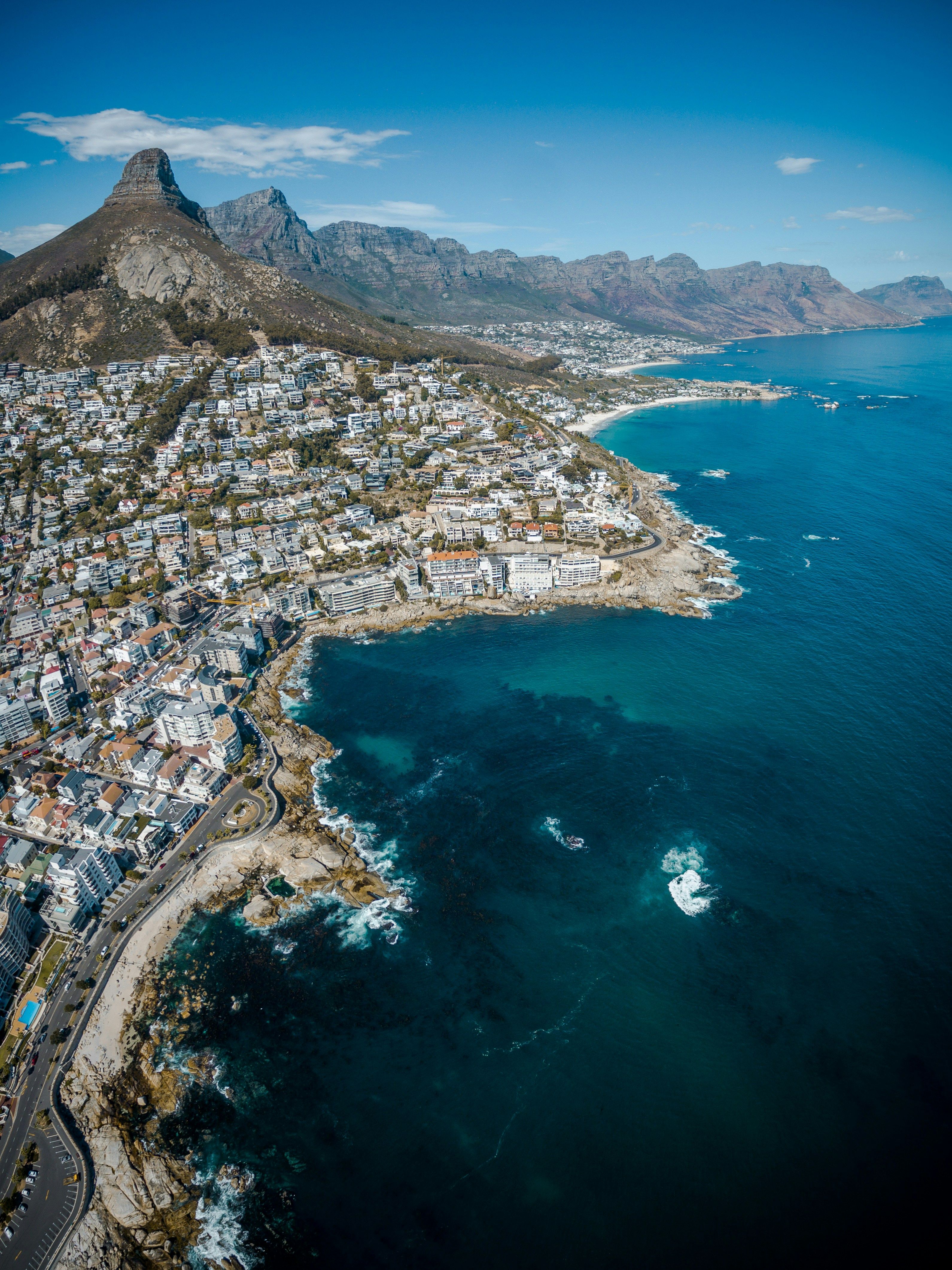
Planning potential wastewater reuse at irrigation district scale: application of a context-adaptable methodology
Agriculture faces increasing challenges due to the degradation of natural resources and a growing global food demand, both exacerbated by the impacts of climate change Consequently, water scarcity has become a primary concern of this sector One of the ways to ensure water availability is to optimize water management through water balance analysis at the irrigation district scale This type of analysis can identify water losses and evaluate the ratio between supplied volumes and water Needs
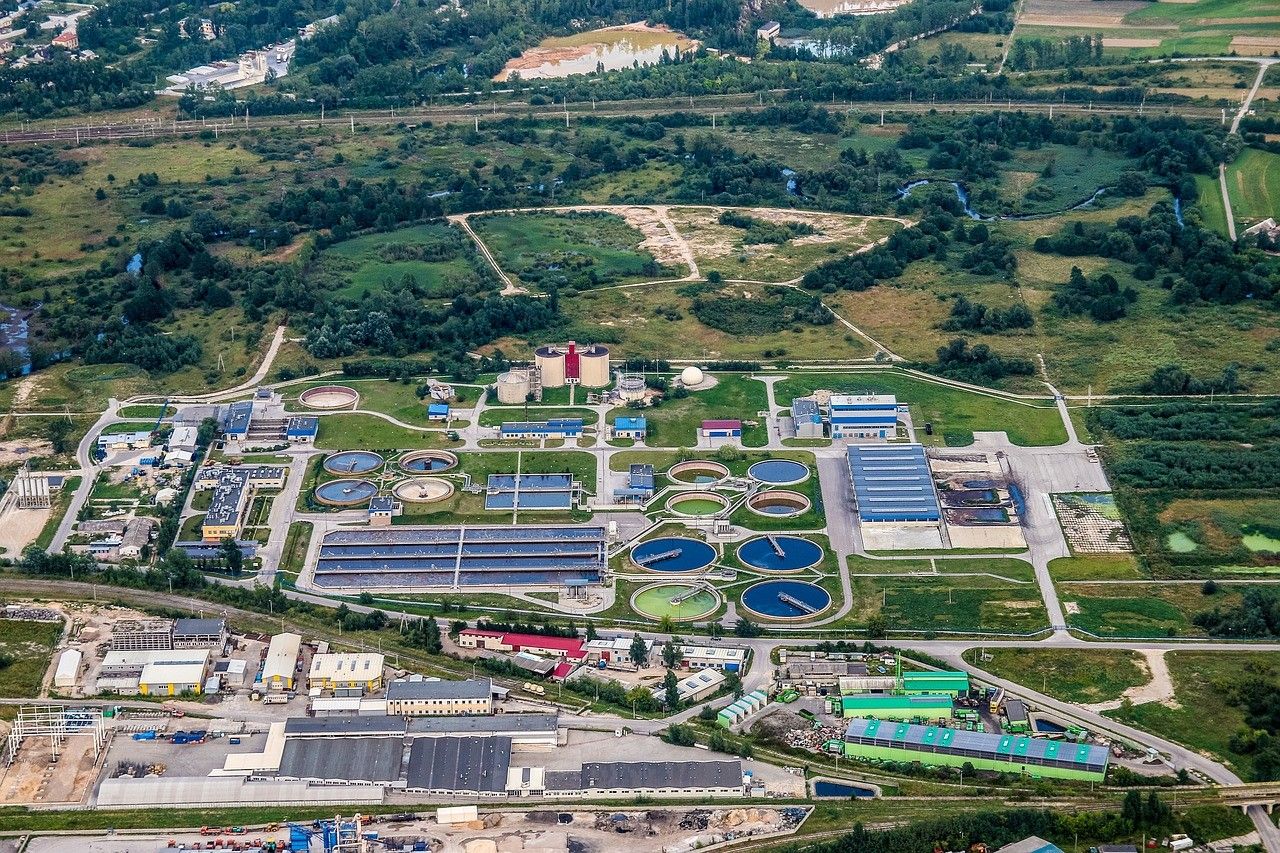
Evaluating the environmental impact of implementing dual system in coastal areas utilising marine outfall sewers
Cape Town currently disposes of 55 ML/d of untreated wastewater daily through its marine outfall sewers (CCT, 2018) without any provision for reuse Wastewater reuse is not feasible within the existing system However, an alternative system that uses chlorinated seawater for sanitation may be a viable alternative to increase coastal areas' water supply resilience In line with sustainable transition, it is essential to broadly understand the potential environmental impacts of a new water source before introducing it, given the additional energy, treatment and distribution requirements associated with dual water system
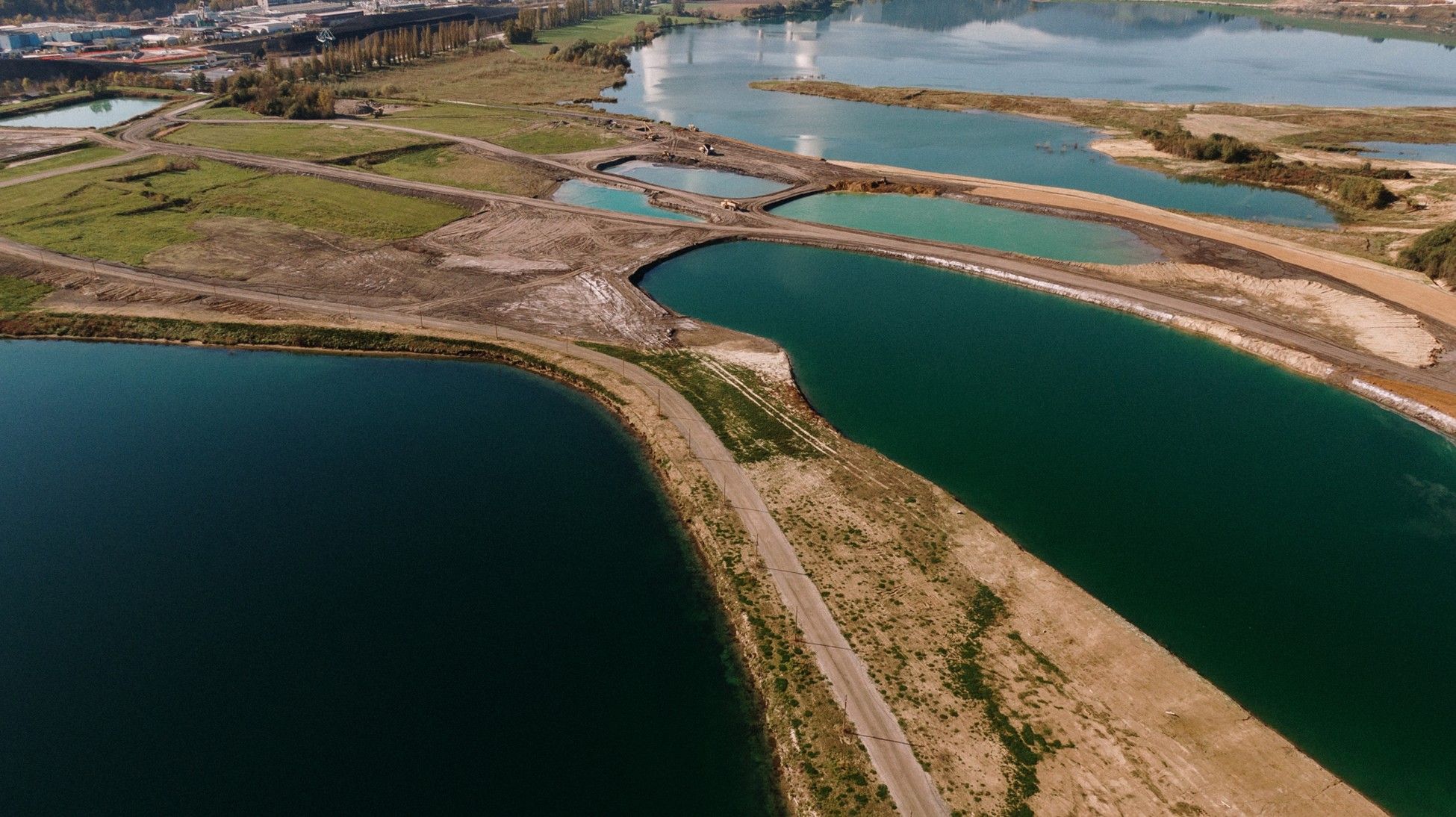
Validation monitoring for unrestricted irrigation in Europe: statistical planning and data analysis
The European Regulation 2020/741 represents the first legislation at the European-wide level in the field of water reuse A key aspect is ensuring the hygienic quality of water One component to ensure safe water reuse (ie unrestricted irrigation (Class A)) is to validate the treatment performance of water reclamation plants regarding bacterial, parasitic, and viral pathogens via indicator organic To this end, the regulation defines log10 performance targets for selected target organic, which should be achieved in 90 % of validation trials However, the regulation lacks to define in detail how validation monitoring should be performed and which statistical methods should be applied for subsequent data evaluation.
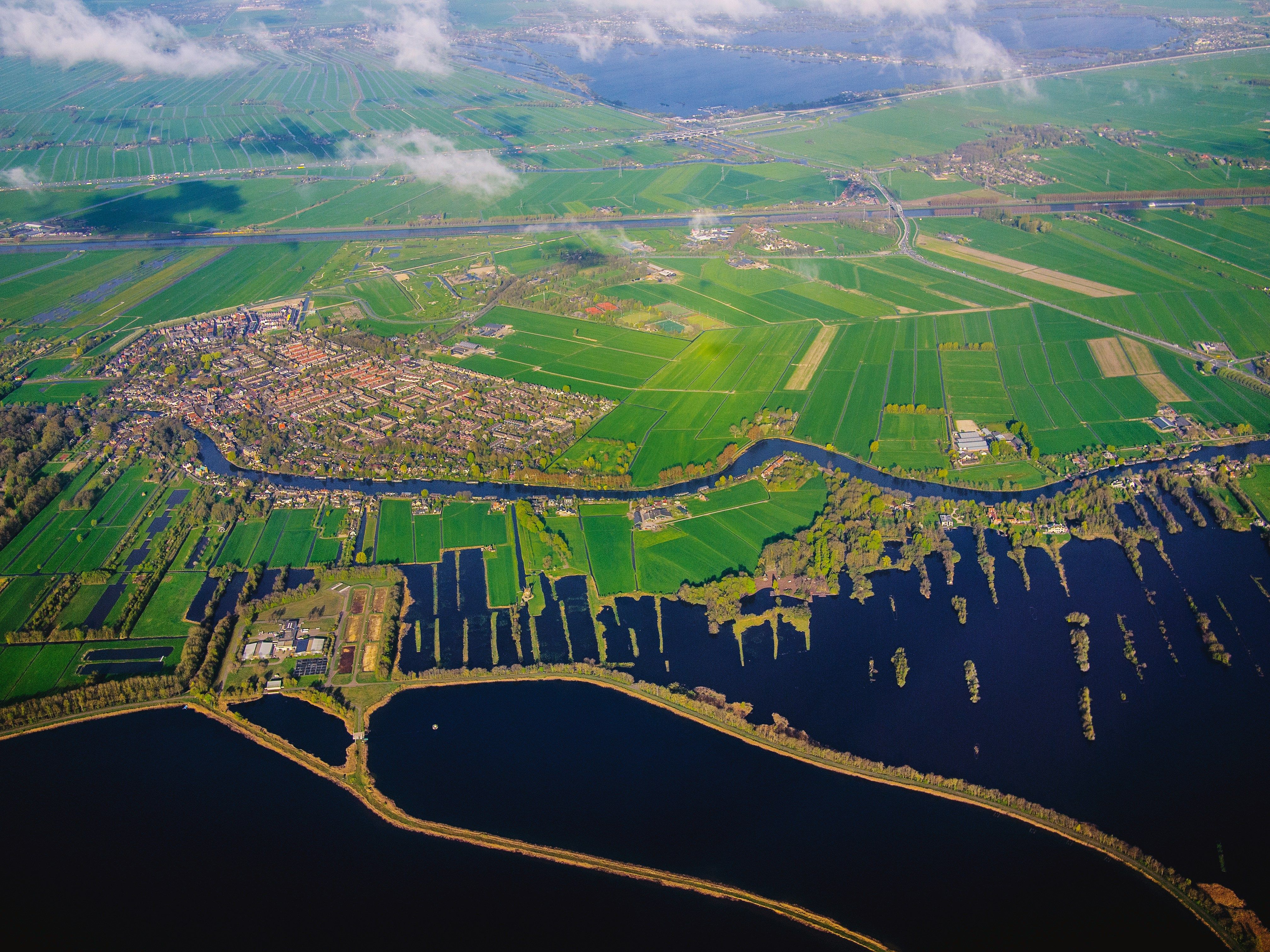
Get the latest insights with IWA Learn articles on ConnectPlus
Empowering Women in Water: Leadership, Challenges, and the Path Forward
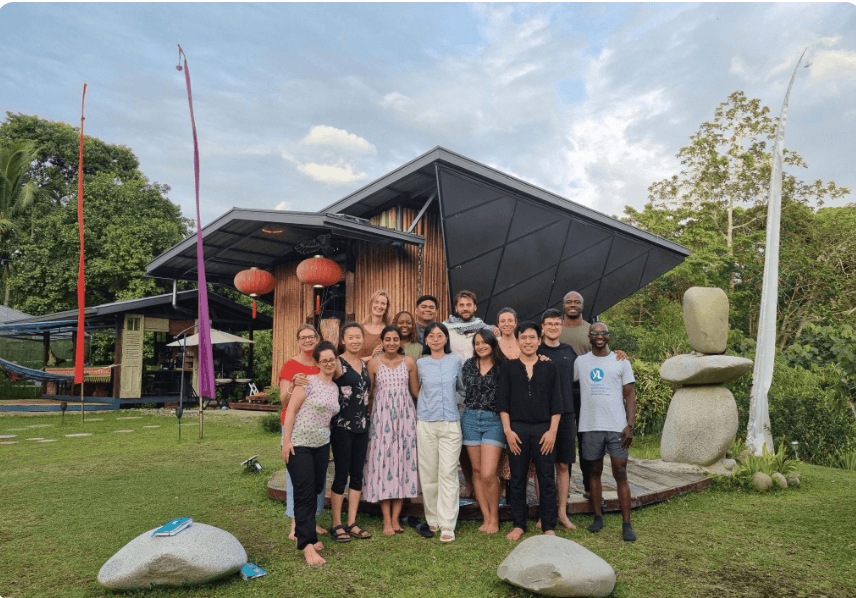
Navigating Water, Gender, and Governance: A Personal Journey
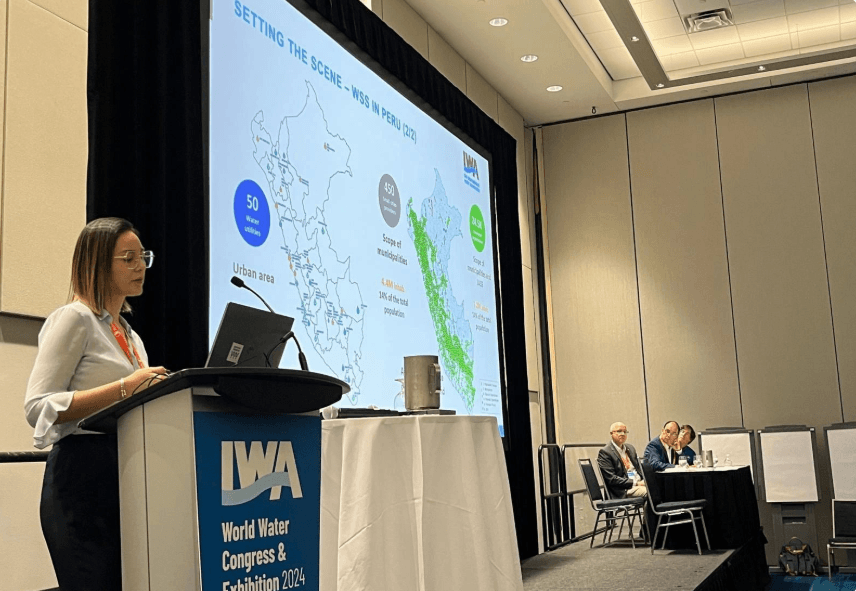
LusoReg: A New Era for Water Regulation in Lusophone Countries
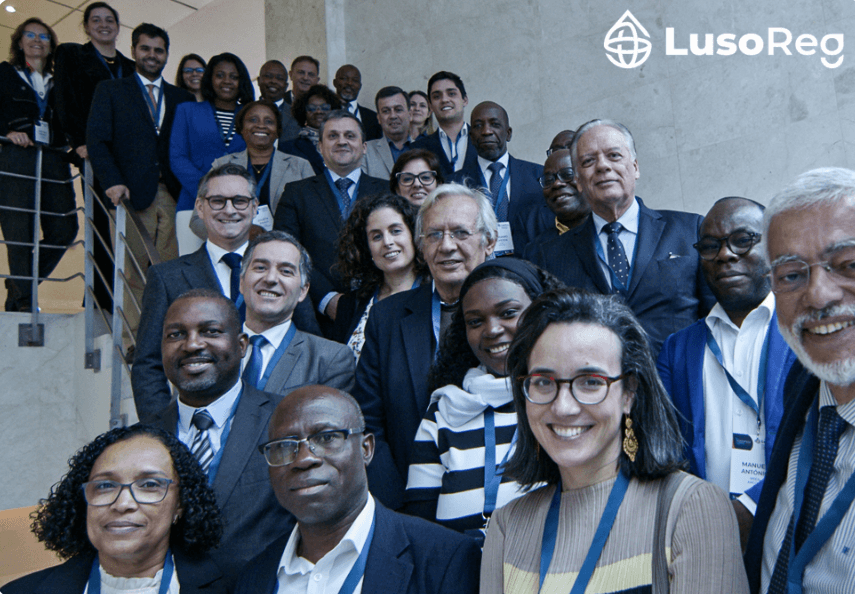
The Paradox of Mentorship in an Under-Sponsored and Under-Funded Water Sector
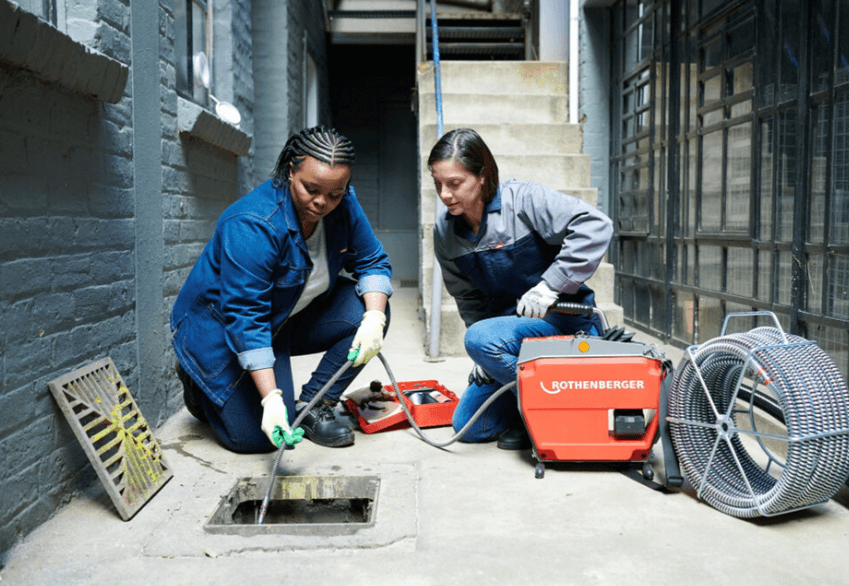

Need help?
Contact our IWA Learn Officer
For further information about IWA Learn, please email Afia Siddiqui.
Subscribe to our newsletters
IWA and sector updates
to your inbox
Follow us
